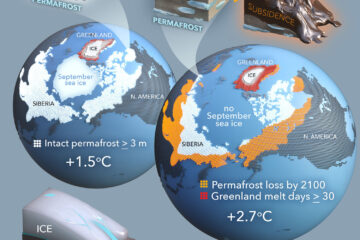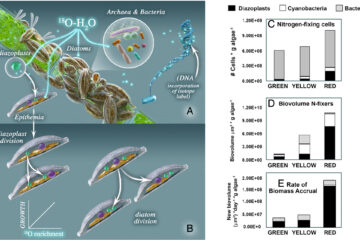Increased vegetation growth and carbon stock in China karst via ecological engineering
Afforestation and reforestation projects in the karst regions of southwest China aim to combat desertification and improve the ecological environment. However, it remains unclear at what scale conservation efforts have impacted on carbon stocks and if vegetation regrowth occurs at a large spatial scale as intended. Here we use satellite time series data and show a widespread increase in leaf area index (a proxy for green vegetation cover), and aboveground biomass carbon, which contrasted negative trends found in the absence of anthropogenic influence as simulated by an ecosystem model. In spite of drought conditions, aboveground biomass carbon increased by 9% (+0.05 Pg C y−1), mainly in areas of high conservation effort. We conclude that large scale conservation projects can contribute to a greening Earth with positive effects on carbon sequestration to mitigate climate change. At the regional scale, such ecological engineering projects may reduce risks of desertification by increasing the vegetation cover and reducing the ecosystem sensitivity to climate perturbations.


